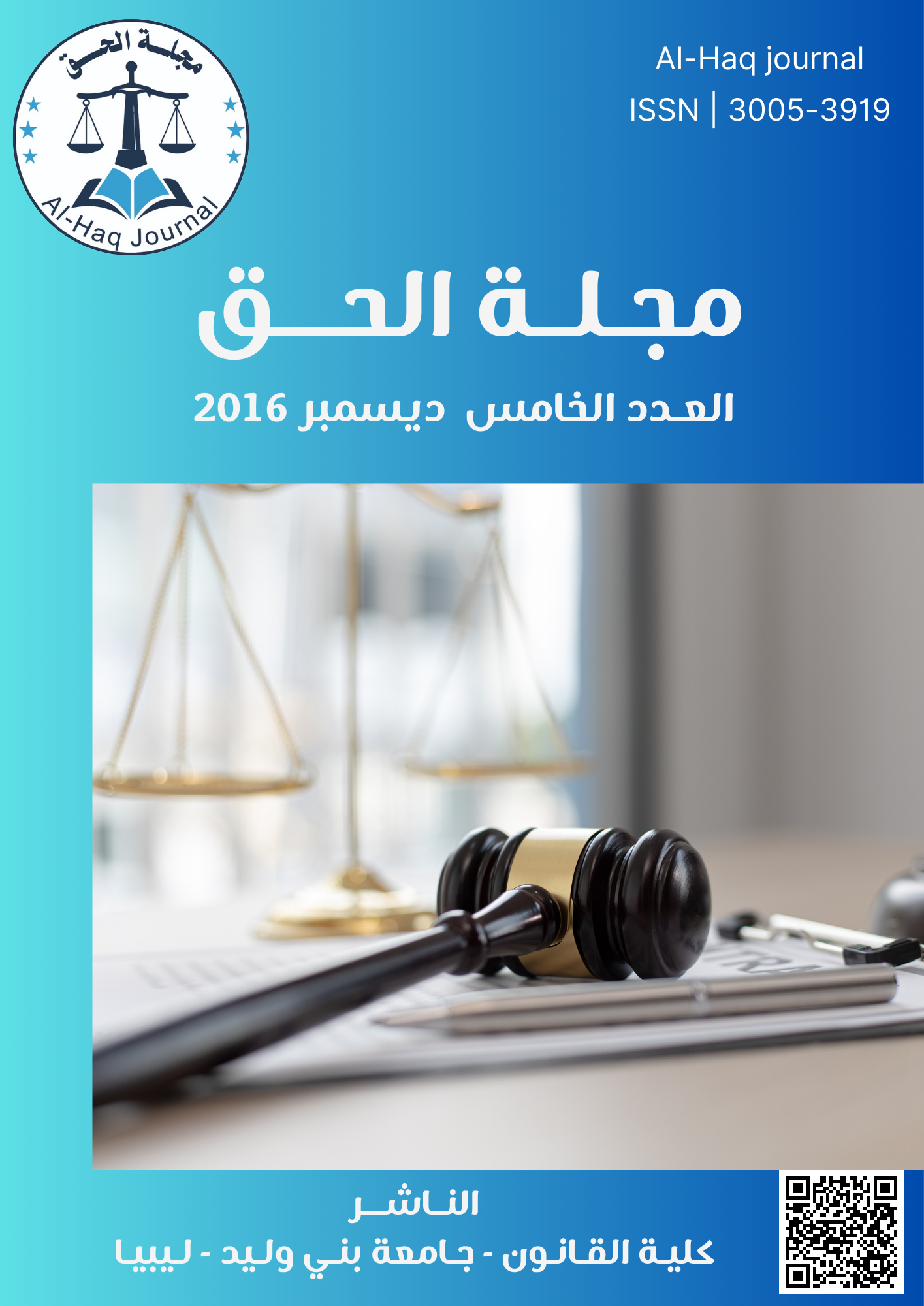Legal responsibility for breaches of international humanitarian law
DOI:
https://doi.org/10.58916/alhaq.v3i1.187Keywords:
Legal liability, rules, International Humanitarian LawAbstract
International humanitarian law is a branch of public international law that has long been characterized by a degree of independence in its development and scope. Based on this, the focus of this research is on the scope or area of application of the provisions of this law, whose sources derive from international conventions and norms. However, the salient feature of this law is its connection to the areas of war and armed conflict. Although there has been a recent trend in this law to expand its scope to include situations outside of war, the independence of this law does not negate the overlap, intersection, and mutual influence between the two laws (public international law) and (international humanitarian law). Public international law has even begun to experience a transformation and trend toward (humanitarian intervention) in situations previously outside its scope and prohibited by it. Until recently, war was a legal means among the means of settling international disputes, being the most successful, as it ends the conflict and the victor obtains his full rights, without regard for the sanctity of the human soul, which God Almighty has honored. Thus, the discourse in public international law has evolved in terms of those subject to its provisions. It is no longer limited to states and organizations, but has gone beyond them to include natural persons. Thus, the importance of this topic lies in the tendency that has begun to characterize international politics, which is the trend towards “humanizing international law and international relations” and the supremacy of the ideology of human rights. Any attempt to develop international relations must pass through the development of international humanitarian law. This raises many problems, both theoretical and practical, whether in terms of the efficiency of the means used or in terms of determining the level of legal responsibility resulting from the violation of the rules of international humanitarian law and what some international behaviors pose within the framework of contemporary international politics. This imposes an assessment of the effectiveness of applying solutions at all material and personal levels, which is highlighted by the need to develop these means, fill their gaps, and complete them. It is worth noting that the principle of non-interference is one of the basic principles established in international law, but it has remained formal in nature, and what happens in reality differs radically from what is (prohibited) by international charters and declarations. This research does not only mention that violating the rules of international humanitarian law results in international responsibility for the conflicting parties who violate its rules. Rather, it attempts to highlight the legal mechanism for holding the aggressor state accountable.
Downloads
Downloads
Published
Issue
Section
License

This work is licensed under a Creative Commons Attribution-NonCommercial 4.0 International License.









